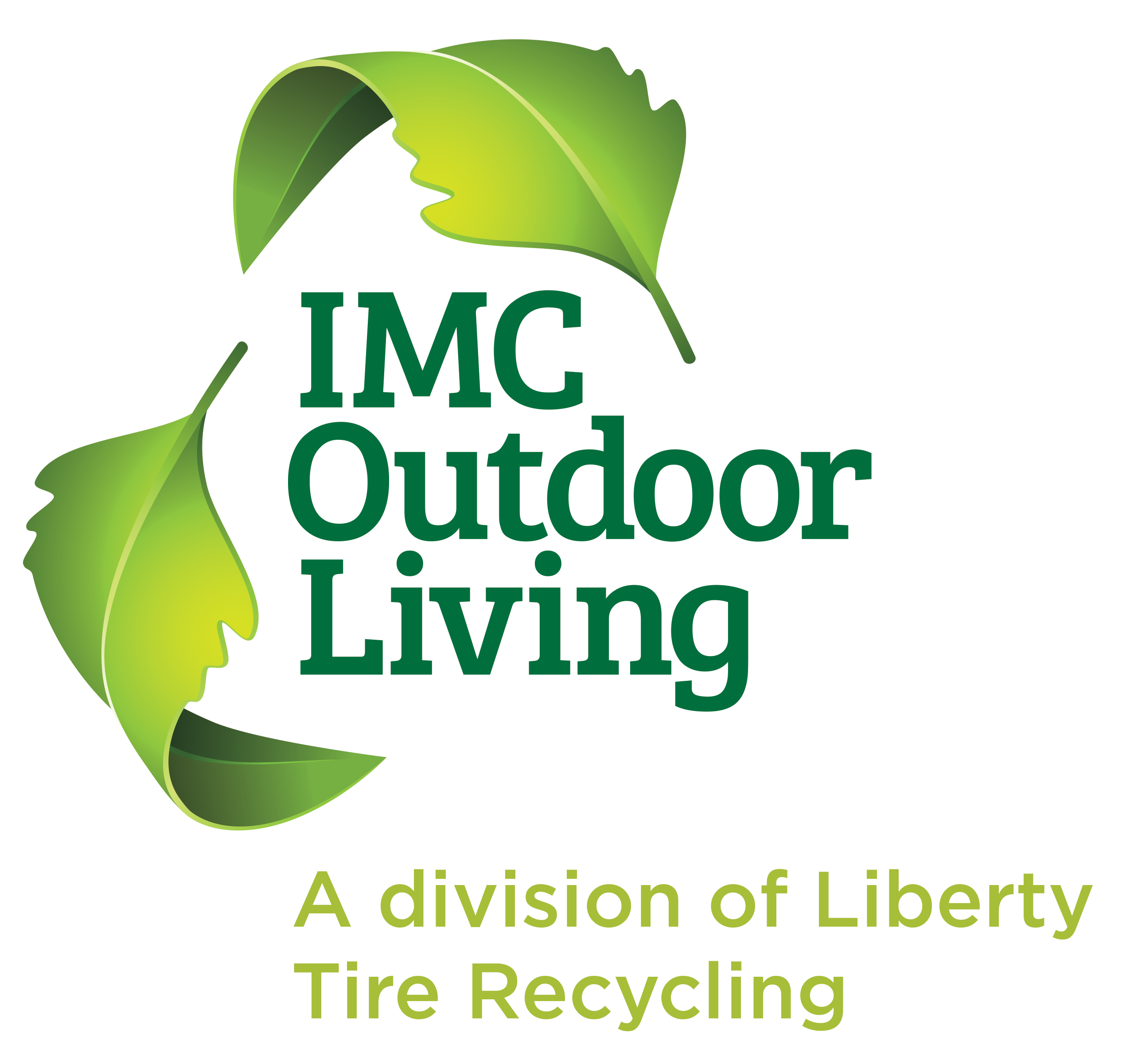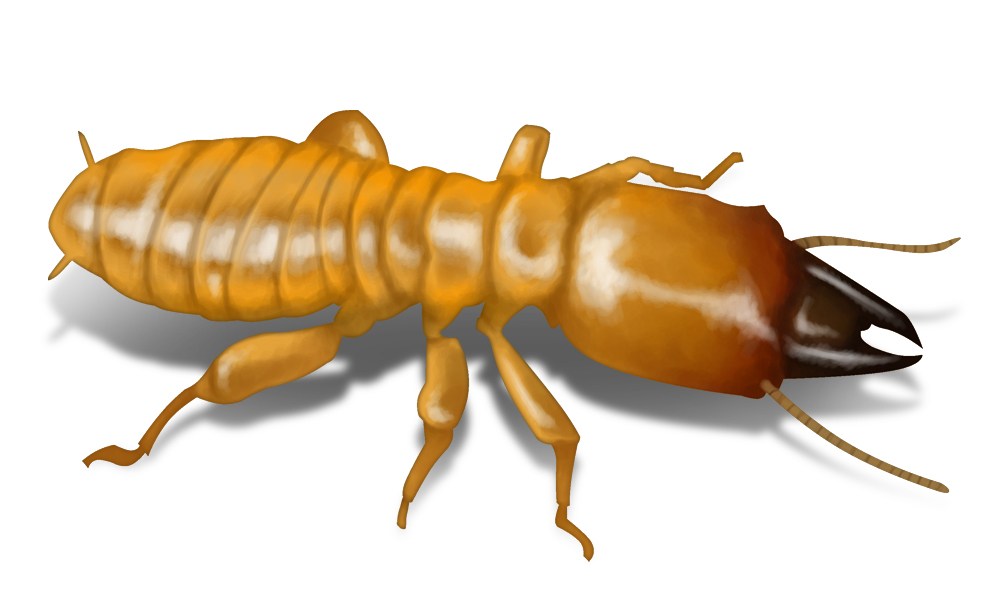Termites do not like cold weather. During the cold winter months they hibernate until temperatures tend to moderate into the 60-degree range – the longer they stay asleep, the less they reproduce. With spring arriving in some areas months in advance, many experts say that this year’s crop of termites may be on the biggest and most destructive we have seen in recent memory.
Termites, like other insects often move from inside to outside to find food – their dish of choice is wood. Each year termites cause more than $5 billion in damage and 1 out of every 30 homes has a termite problem – those are not good odds. So why you say is a blog about recycled rubber writing about termites? Well here is the answer.
Termites are opportunistic – they find food that is close by…and close to warmth, like the inside of a house. Many of us still mulch our homes each year with wood mulch, and we mulch our beds and gardens right up to and against the foundation of our homes, which for the most part are framed with you guessed it, wood. Wood mulch next to wood is a termites dream situation.
There is a mulch that does not attract insects such as termites, and it is rubber mulch. If you used rubber mulch you would not attract this insect to your home or property as the kitchen is closed so to speak. You can mulch right up to your foundation and be assured that termites will not feast on the recycled rubber – seems like a pretty good idea to me!
If you do still plan on using wood mulch there are some things that you can do to protect your home, but some have some added costs. It is recommended to have your home inspected at least once a year by a trained professional to look for any activity. Ensure that your gutters and downspouts direct water far enough away from your home so that moisture does not build up around the foundation. Finally, create a barrier of at least a few inches between your wood mulch and the sides of your home.
Another big reason to use recycled rubber mulch in addition to enjoying years of beauty without replacement, is that if you do have termite damage, it is often not covered by homeowners insurance, so be sure to check with you carrier if you plan to mulch with wood this year.

